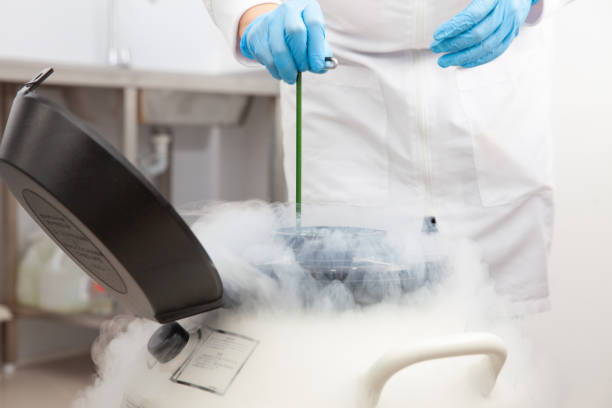What is a Donor Program?
Infertility may be due to the failure of the reproductive system to create suitable conditions for the sperm or the egg. When infertile couples approach the medical authorities for help, some may also need the help of donors. The need may arise if their problems cannot be rectified using medicines or surgery. It is a blessing that so many donor programs are running for the benefit of such couples. Even IVF treatment in some cases needs donor cells. According to the IVF centre, the need for egg donation or sperm donation could arise according to the circumstances. Egg or sperm donation can be arranged by fertility centres.
What are the Infertility Conditions and Treatments?
Before sperm donation, the donor undergoes various medical and genetic tests which determine the physical and, biological quality of the sperm. The donor sperm uses various techniques such as IUI, and IVF with ICSI. The age of the donor is considered before the process of donation. The ideal age is between 21 and 45. The procedure of sperm donation starts with the meeting of the donor with the fertility experts who assess the donor by asking about their medical history. The donor then proceeds to be made aware of the ethical, social, and legal implications of the donation. After going through the personal profile, and medical history and signing the consent form, the donor encourages to be comfortable with the process. After this, the analysis of the semen and the blood is done to rule out the presence of infection or genetic problems. Once the sperm sample is collected, it is quarantined for six months, again followed by a blood test.
Embryo Donor
The surplus good quality embryos can be frozen for future use or donation purpose. Embryo donors are available for assisting childless couples. The frozen embryo is thawed and transferred to the uterus of the woman according to a favourable time of her ovulation cycle.
Surrogacy is a form of assisted reproductive technology in which a woman carries a baby for someone else. It is a complex process with psychiatric and legal dimensions. It is done after extensive counselling and handling of the psychological angle. In this case, the embryo is created using the egg and the sperm of the partners and transferred into the surrogate’s uterus. As the eggs of the surrogate are not used in this process, the surrogate mother has no genetic link with the child.
A surrogate mother usually needs to be older than 25 and younger than 52 years of age. She must have given birth to a child before.
She must not have any history of illness or complication related to pregnancy.
Gomti Thapar, the best infertility hospital in Punjab, has an innovative and advanced embryology lab with all the most recent tools necessary for the most significant outcomes, even in the most challenging situations. Most procedures, including IVF, IUI, ICSI, blastocyst culture, laser-assisted hatching, diagnosis, etc., are available here. To provide the best results for our patients, the lab keeps the highest levels of sanitization, temperature, air purity, etc.


